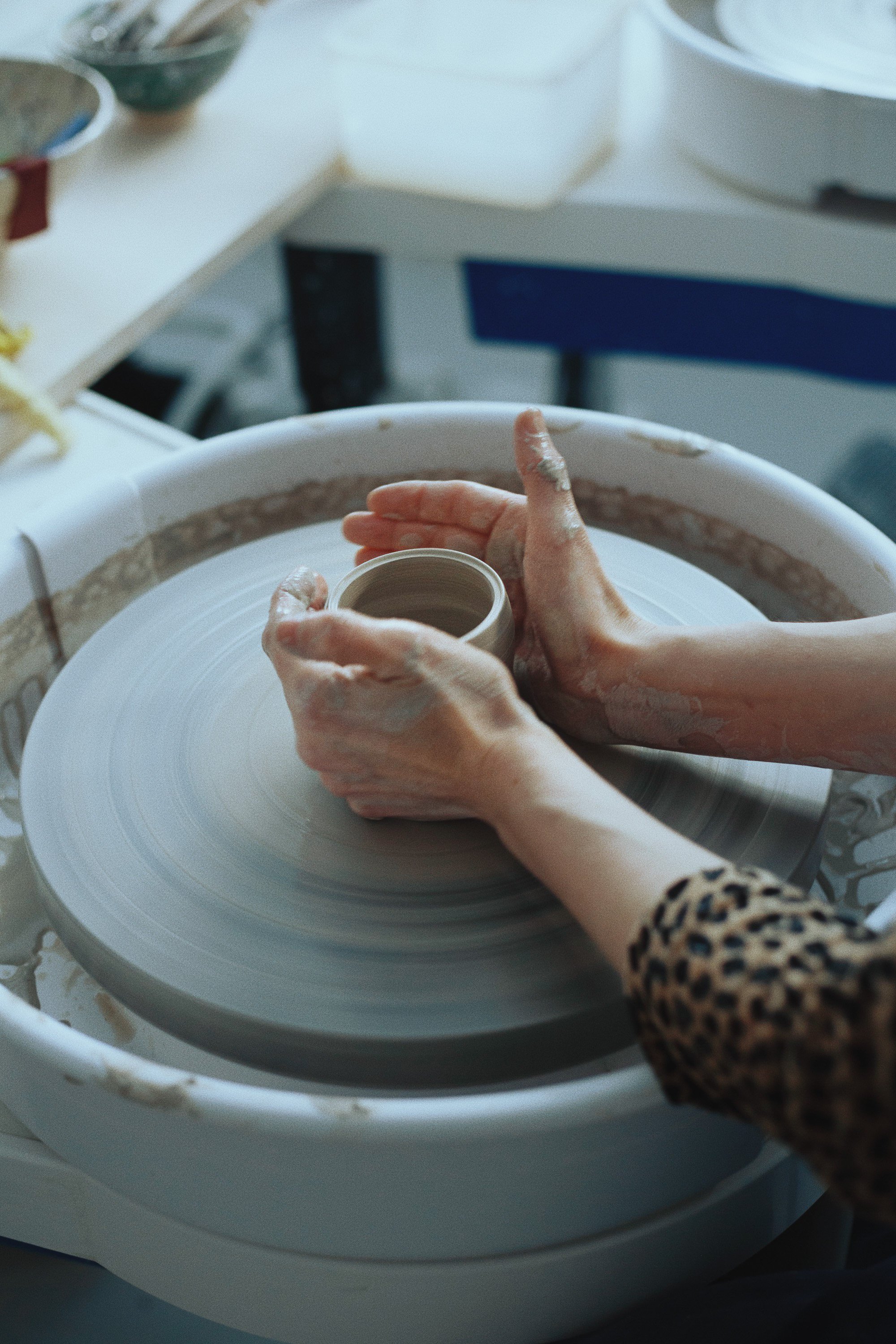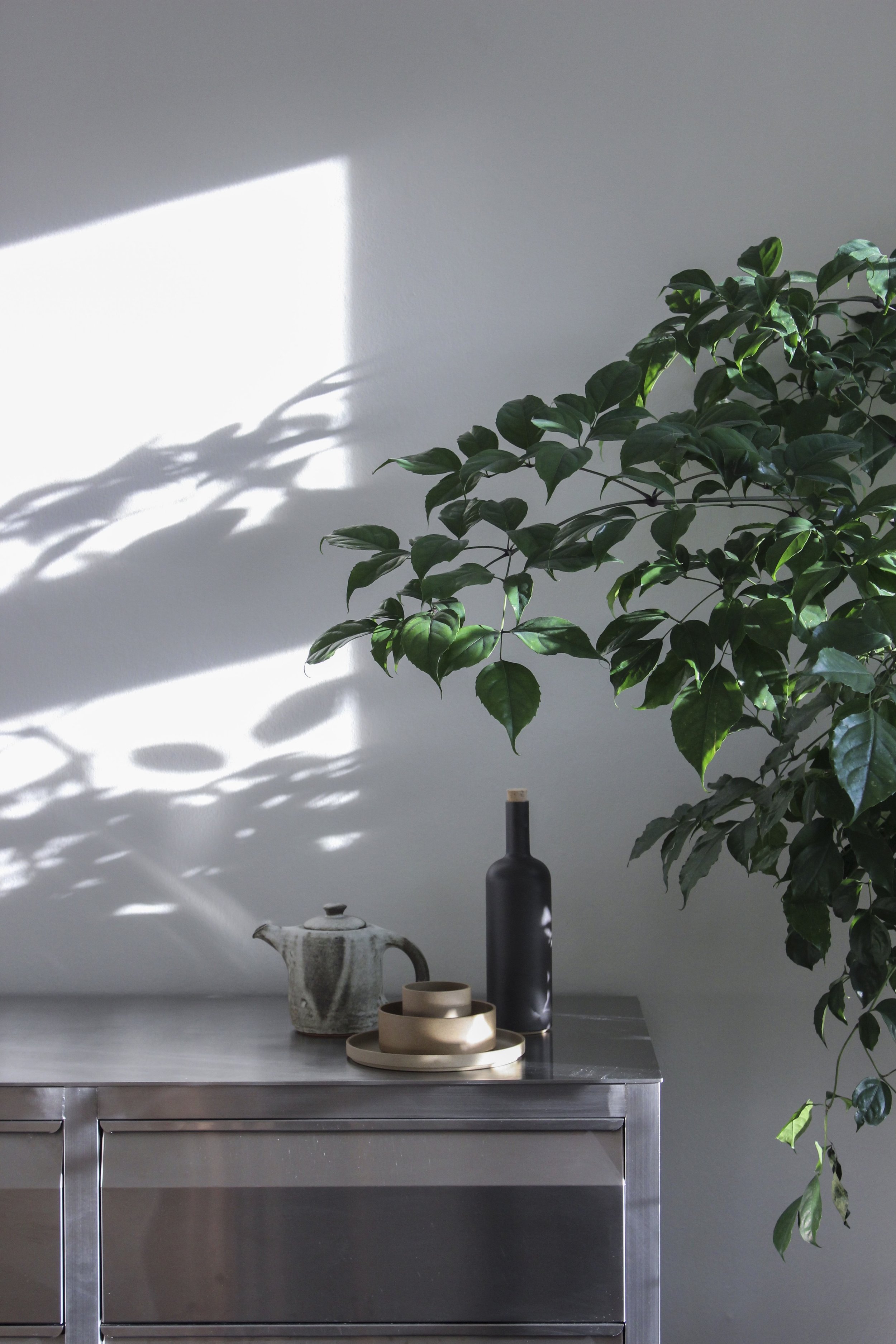SOULBASE Talk:
YONOBI-Appreciation for Craftsmanship and Community
YONOBI is based in Copenhagen and is more than your average ceramic store. It is a place that appreciates craftsmanship and has the vision to connect customers and increase their understanding of craftsmanship through public pottery classes. Nanna Egebjerg Friis is the owner and founder of YONOBI, which she co-directs with her husband, Anders Friis. Nanna’s background is in communications, and she has a life-long passion for ceramics and handmade objects.
We talked with her about where craftsmanship meets modern demands and e-commerce, how she selects products for her store, the meaning behind her brand name “YONOBI” and what advice she would give artists and designers who want to pursue a career in the arts.
How do you see the market for handmade ceramics and home goods evolving in the next few years, and how do you plan to adapt to these changes?
I started YONOBI in 2016, and the market has changed tremendously since then. In the beginning, it was a struggle to sell more expensive pieces, but now we see a better understanding of the time and process behind the craft, and people are willing to invest in handmade crafts.I think the new challenge is mass-producing companies selling “handmade” pieces made in huge factories in Portugal or China. We need to keep telling our stories better than them so true craftsmanship isn’t lost in that “competition.”Can you share with us the meaning behind your brand name “YONOBI?”
“The name is inspired by the Japanese YONOBI (用美), which means beauty in practical objects made by craftsmen. Yo-no-bi consists of two kanji, yo (用) which means use or application, and bi (美), which means beauty. Together they aim to balance the aesthetic and the functional.
What advice would you give to aspiring artists or designers who are interested in pursuing a career in this field?
Find your true inspiration and stick to that. I always get most inspired by the artist who has a true sense of their unique style or story and to see this influence their whole work or collection.What is the philosophy that guides YONOBI in terms of the products you select and the artisans you work with?
This quote has always been a true inspiration of the essence of YONOBI:
“Our lives are filled with objects. Everyday things used in everyday settings, they are our constant companions. They should be made with care and built to last, treated with respect and even affection. They should be natural and simple, sturdy and safe an aesthetic fulfillment of our practical needs. They should, in short, be things of beauty. “
Japanese philosopher Soetsu Yanagi
So, when I carefully choose an artist for our ceramic family, they must be unique in craftsmanship, quality, details and function. The unique collection focuses on genuine craftsmanship and the beauty of everyday objects.How do you balance the traditional aspects of craftsmanship with the modern demands of e-commerce and online retail?
We’re a bit different in this matter. We don’t have large stocks, and most of the time, our pieces are one-of-a-kind, meaning we only have one of each. We advocate a slow-living lifestyle and sell pieces for the sake of keeping. Buying less but better is something we believe in. And it’s a development that we see in our customers. They don’t mind waiting two to six months on a unique handmade piece because they understand its story and craft. And I believe this is our most important task.Can you give us some insight into your process for selecting new products and designers to feature on your website?
I always choose with my heart. I need to feel and love the craft and the piece before it reaches our shelves. Otherwise, I can’t communicate it to my customers genuinely.What are some of the ways YONOBI encourages customers to incorporate design and art into their everyday lives, and how do you showcase the versatility of its products across different contexts and settings?
One of the things we do at YONOBI is that we offer pottery classes. For us, this is a way to present our customers with the craftsmanship and unique items and educate and inspire our customers and community to live and experience craft in a new way. A person who has tried to make pottery has a different understanding of the craftsmanship that lies behind each little piece.






